
Organizers
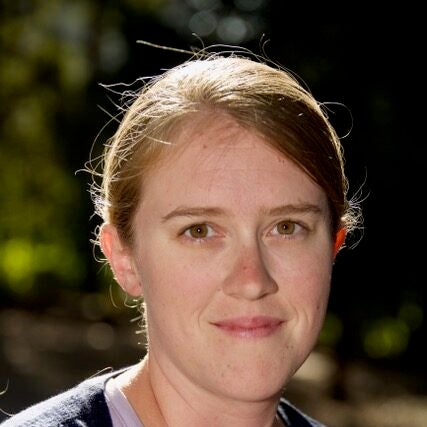
Victoria Googasian is Assistant Professor of American Literature at Georgetown University in Qatar. Her research focuses on 20th and 21st century American literature, narrative theory, animal studies, and the environmental humanities. Professor Googasian’s book Animal Minds, Other Minds is forthcoming from University of Virginia press in 2026. Her work has also been published in New Literary History, NOVEL: A Forum on Fiction, JML: Journal of Modern Literature, and Regeneration: Environment, Art, Culture.
At GU-Q, Professor Googasian teaches courses in culture and politics, American literature, and environmental humanities, and serves as faculty co-lead of the Energy Humanities program. Professor Googasian received her Ph.D. in English and American literature from Stanford University.
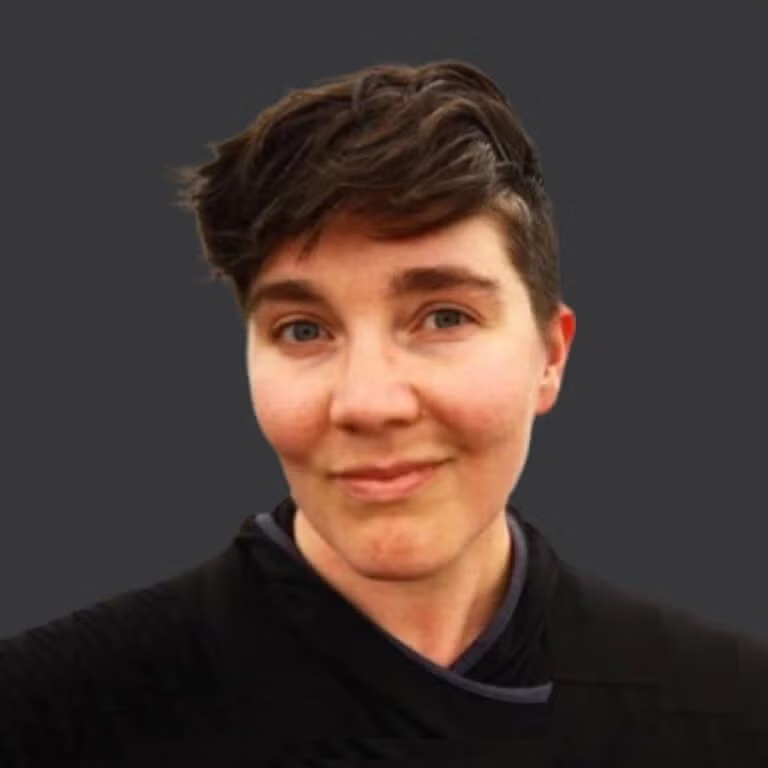
Trish Kahle is a co-lead of the Program in Energy Humanities at GU-Q and a historian of energy, work, and politics in the modern United States and the world, broadly interested in using energy as a lens through which to study political life, social relations, the economy, and the environment. Kahle’s first book, Energy Citizenship: Coal and Democracy in the American Century was published by Columbia University Press in October 2024 and was awarded the Merle Curti Social History Award from the Organization of American Historians and was a finalist for the Hagley Prize in Business History.
Currently, Kahle is working on two major projects. Everywhere, Invisible: The Global History of American Electric Power is a bottom-up, periphery-in history of the relationship between electric power systems, US imperialism, and the global politics of development. Makmoura is a collaborative documentary project which examines gender, labor, and the environment in Jordan through the lens of olive energy flows.

Firat Oruc is Associate Professor of Culture and Politics and faculty co-lead of the Energy Humanities research initiative at Georgetown University in Qatar. He is the editor of Sites of Pluralism: Community Politics in the Middle East (Oxford University Press, 2019) and Indian Ocean Literary Circularities (Duke University Press, 2022), and co-editor (with Trish Kahle and Victoria Googasian) of the special issue “Affects of Energy Transition” for Regeneration: Environment, Art, Culture (2025).
Oruc’s recent publications include “Petrocolonial Circulations and Cinema’s Arrival in the Gulf,” “Historicizing Gulf Moving Image Archives,” and “Space and Agency in the Petrocolonial Genealogies of Cinema in the Gulf.” These studies examine how colonial and postcolonial energy regimes have shaped cinematic practices and the politics of memory in the region. His current project traces the history of petromodernity and film in the Arabian Peninsula, focusing on how oil’s material and ideological infrastructures have been represented, mediated, and contested through visual media.
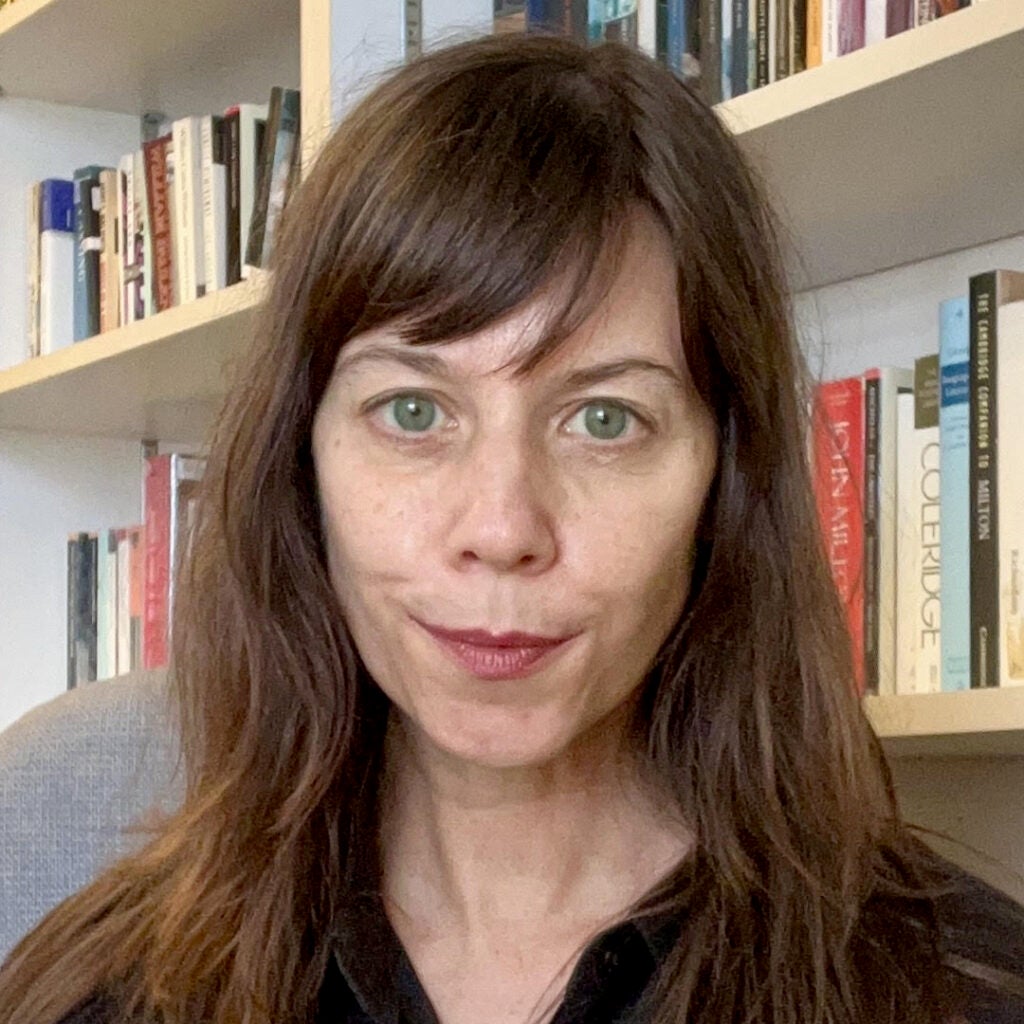
Nicole Rizzuto is an associate Professor in the English department at Georgetown. She is the author of Insurgent Testimonies: Witnessing Traumatic History in Modern and Anglophone Literature (Fordham University Press, 2015), co-editor of The Aesthetic Life of Infrastructure: Race, Affect, Environment (Northwestern University Press, 2022), winner of the MLA prize for best edited volume of 2021-2022; and Arresting Ecologies: Global Literature Across Air, Land, and Sea (forthcoming from Oxford University Press in 2026).
Keynotes
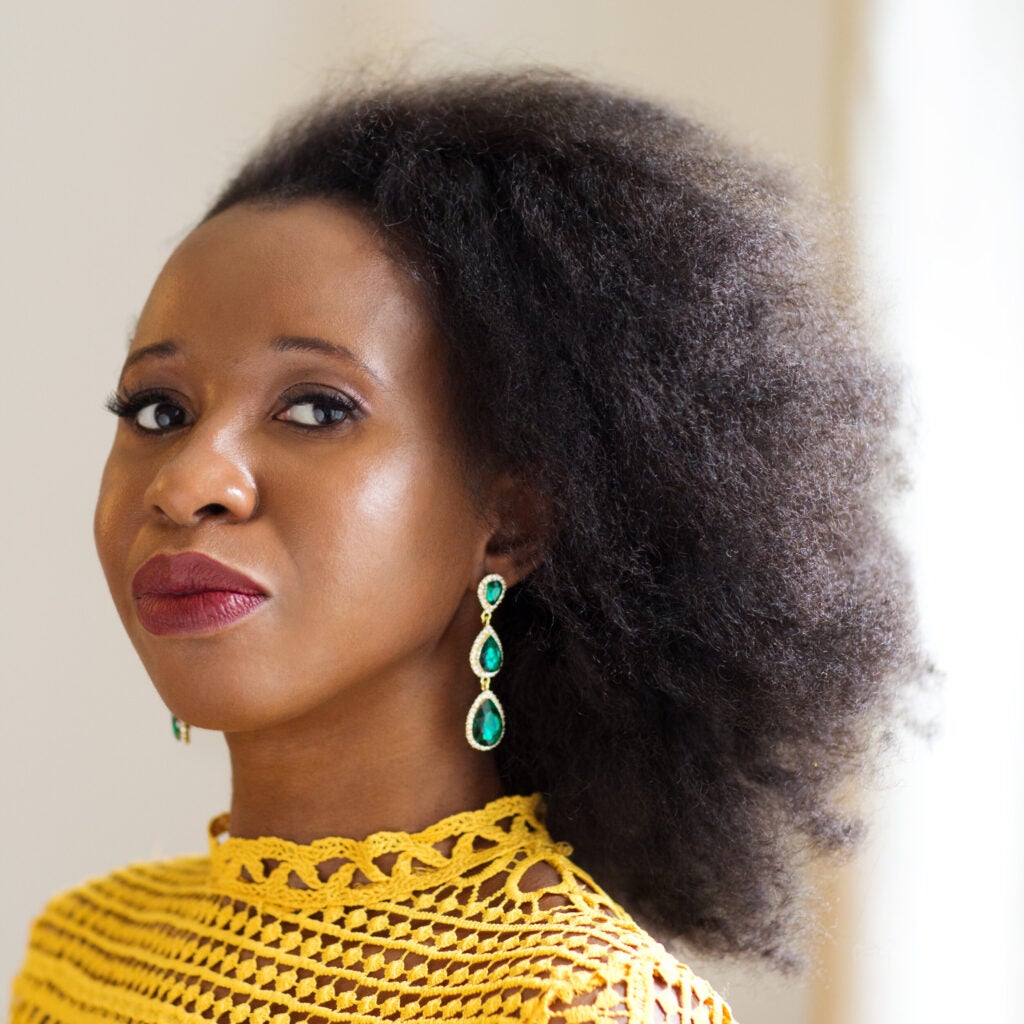
Imbolo Mbue is the author of the New York Times bestseller Behold The Dreamers, which won the PEN/Faulkner Award for Fiction and was an Oprah’s Book Club selection. Her second novel, How Beautiful We Were, about a fictional African village’s fight against an American oil company, was named by the New York Times as “One of the 10 Best Books” of 2021.Her works have been translated into more than twenty languages. A native of Limbe, Cameroon, Mbue lives in New York.
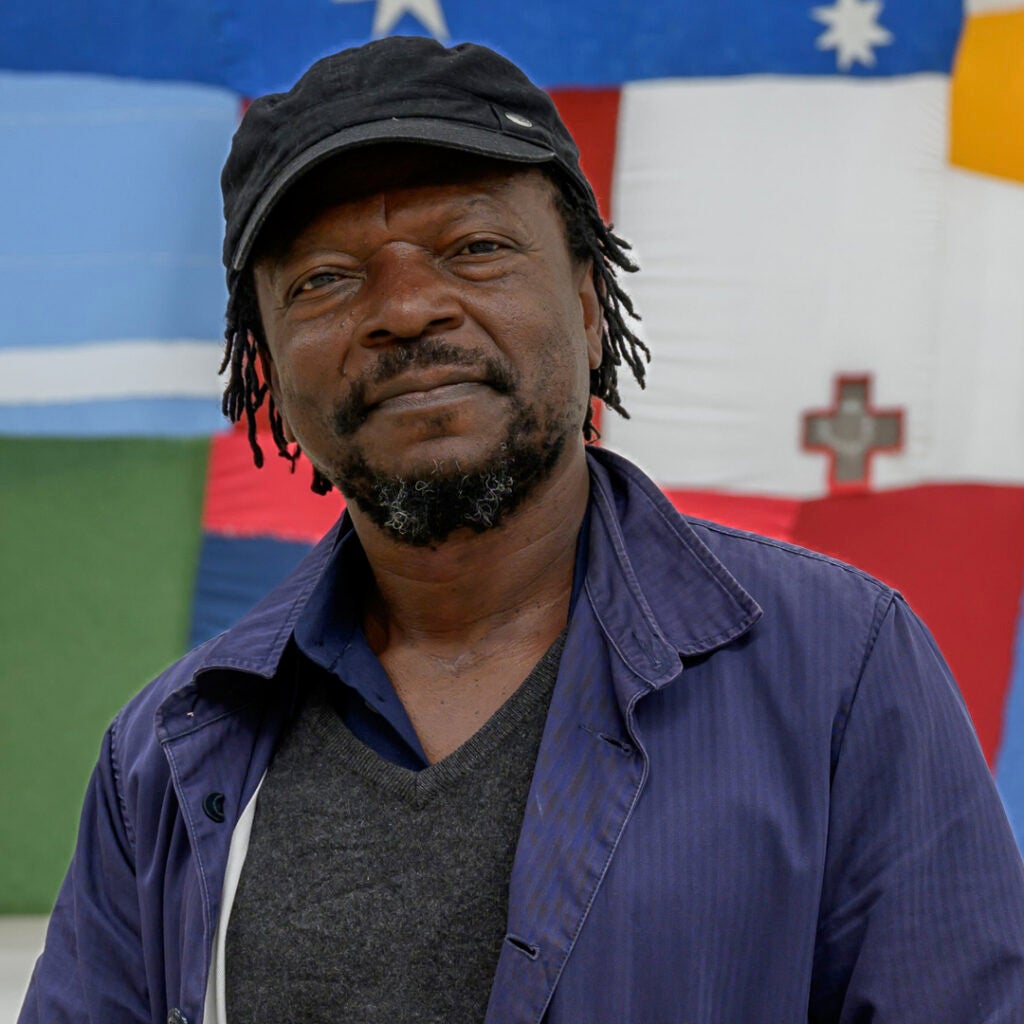
Pascale Marthine Tayou Born in 1966 in Nkongsamba, Cameroon, Pascale Marthine Tayou lives and works between Ghent, Belgium, and Yaoundé, Cameroon. Since the early 1990s, Tayou has gained international recognition, notably through his participation in Documenta 11 (2002) in Kassel and the Venice Biennale (2005 and 2009). Known for his eclectic and evolving practice, Tayou prefers to call himself a “maker” rather than an “artist,” highlighting his fluid and intuitive approach to creation. Early in his career, he deliberately added an “e” to his first and middle names to give them a feminine form, playfully distancing himself from the conventions of authorship and binary gender identity. After leaving his studies in the early ’90s, he began creating compositions using natural elements, embarking on a personal search for identity. He soon turned to unconventional materials and everyday objects, which he transforms and integrates into his artistic vocabulary.
At the core of his work is the human experience. His wide-ranging practice—encompassing sculpture, installation, drawing, painting, and video—reflects on the world we inhabit. Tayou’s work often navigates the tensions between nature and society, local identities and global narratives. It is grounded in the understanding that both art and identity are culturally, socially, and politically constructed. His artworks explore the movements of individuals across borders and cultures, embodying the complexity of the so-called “global village.” Through poetic and critical gestures, Tayou bridges cultures and reconfigures common materials into powerful visual commentaries.
Speakers

Safwan M. Masri is the Dean of Georgetown University in Qatar and a Distinguished Professor of the Practice at Georgetown’s Walsh School of Foreign Service. Before joining Georgetown in October 2022, Professor Masri served as Executive Vice President for Global Centers and Global Development at Columbia University and was a Senior Research Scholar at Columbia’s School of International and Public Affairs. Prior to that, he held the position of Vice Dean and Professor at Columbia Business School, and previously taught engineering at Stanford University. He was also a visiting professor at INSEAD (Institut Européen d’Administration des Affaires). Dean Masri is the author of Tunisia: An Arab Anomaly (Columbia University Press, 2017). He is a lifetime member of the Council on Foreign Relations and an honorary fellow of the Foreign Policy Association. He is the founding chairman of King’s Academy and Queen Rania Teacher Academy in Jordan. Currently, he serves as a trustee of International College in Beirut and is a director of AMIDEAST and Endeavor Jordan.
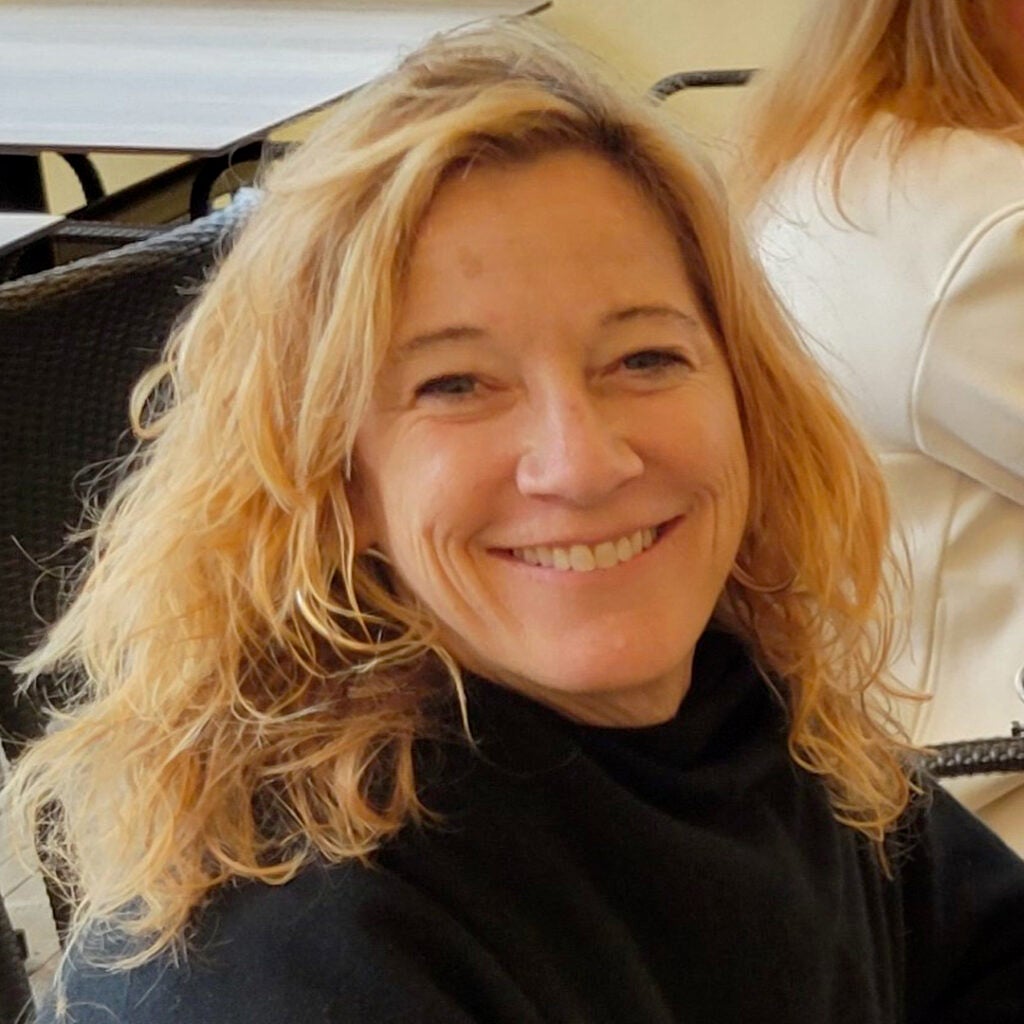
Elizabeth DeLoughrey is a professor in the English Department at UCLA with an affiliation with the Institute of the Environment and Sustainability who works in the fields of Caribbean, Pacific Island, Indigenous, and postcolonial studies with an emphasis on militarism and ocean ecologies. She is the co-editor of multiple volumes on postcolonial ecocriticism as well as author of “Roots and Routes: Navigating Caribbean and Pacific Island Literatures,” and “Allegories of the Anthropocene.”
She has received awards from the John Simon Guggenheim Memorial Fellowship, Mellon Sawyer Foundation, Rachel Carson Center for Environment and Society (Munich) among others. Her current work is on the visual logics of US militarism across the Pacific as well as the extractive discourses of deep-sea mining.

Graeme Macdonald is Full Professor in the Department of English and Comparative Literary Studies at the University of Warwick. He is also the Faculty of Arts Lead for the University Research Spotlight on Sustainability. He teaches and researches in Energy Humanities and Petrocultures, and has been a member of the After Oil Collective since its inception in 2015. He is also a member of the Climate Imaginaries research network.
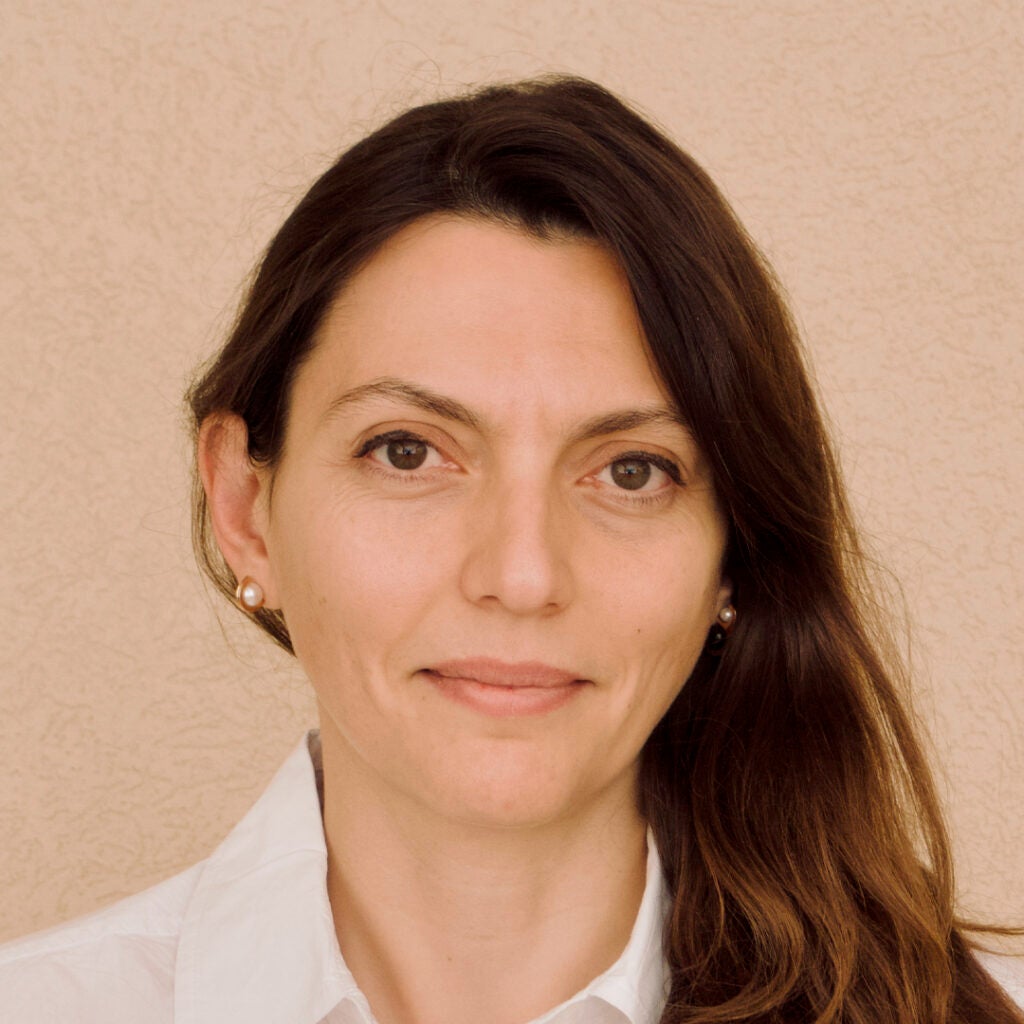
Gökçe Günel is an Associate Professor in Anthropology at Rice University. Her research investigates how infrastructure transforms amid energy and climate change-related challenges. Her first book, Spaceship in the Desert: Energy, Climate Change and Urban Design in Abu Dhabi (Duke University Press, 2019), focuses on the construction of renewable energy and clean technology infrastructures in the United Arab Emirates, more specifically concentrating on the Masdar City project.
Her most recent book, All of the Above: A Global Future of Energy (Duke University Press, 2026), analyzes how energy infrastructure shapes South-South relations. Dr. Günel co-authored “A Manifesto for Patchwork Ethnography” (2020) and co-leads Patchwork Ethnography. The book Patchwork Ethnography: A Methodological Guide is forthcoming with the University of Chicago Press in 2026.
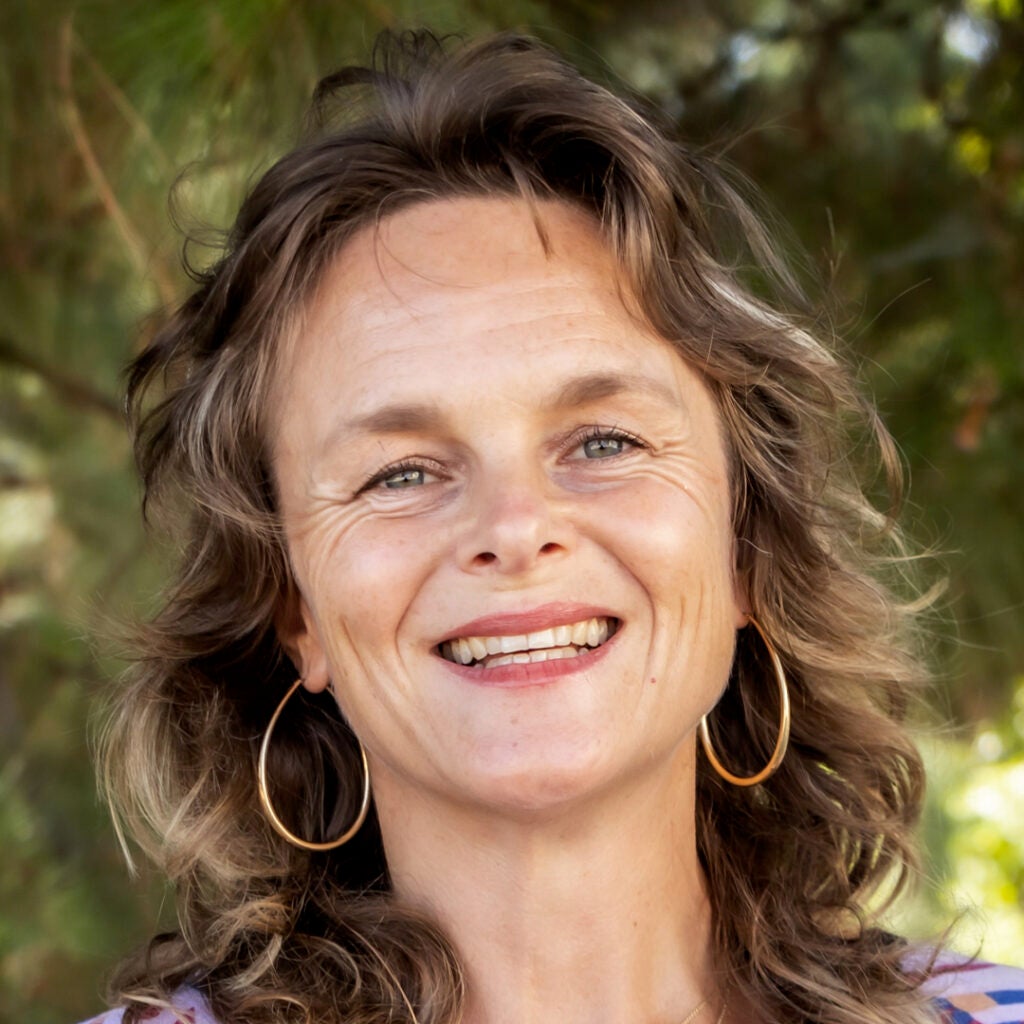
Hannah Appel is an economic anthropologist interested in transnational capitalism and finance; finance, debt and debtors’ unions; the African continent’s place in global capitalism; the economic imagination; anti-capitalist and abolitionist social movements. Her research and teaching interests are guided by the economic imagination. What does it mean to understand racial capitalism ethnographically, and to work actively to undo it?
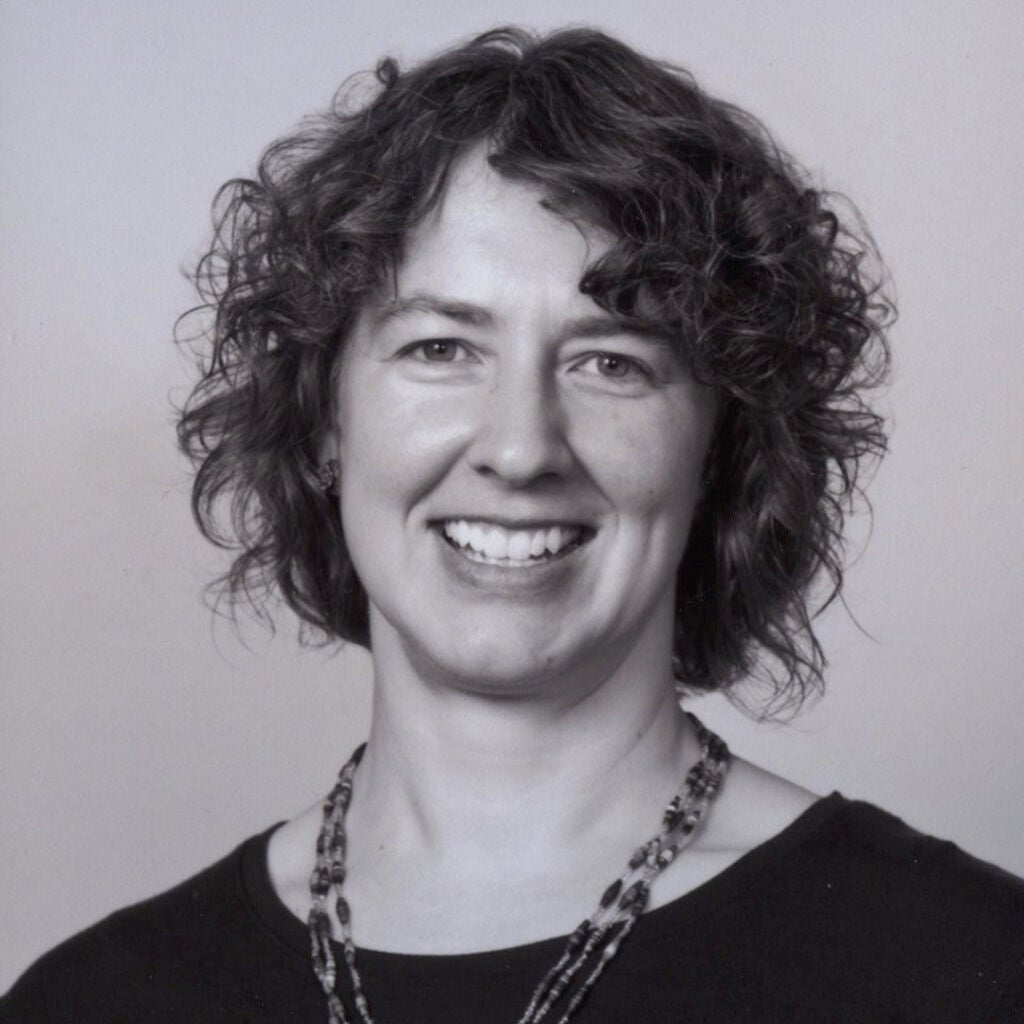
Jennifer Wenzel is jointly appointed in the Department of English and Comparative Literature and the Department of Middle Eastern, South Asian, and African Studies. She is an affiliate of the Columbia Climate School. Her first book, Bulletproof: Afterlives of Anticolonial Prophecy in South Africa and Beyond, published by Chicago and KwaZulu-Natal in 2009, was awarded Honorable Mention for the Perkins Prize by the International Society for the Study of Narrative. Her recent monograph, The Disposition of Nature: Environmental Crisis and World Literature (Fordham 2020), was a Finalist for the 2020 Book Prize by the Association for the Study of the Arts of the Present (ASAP) and was shortlisted for the 2022 Ecocriticism Book Prize awarded by the Association for the Study of Literature and the Environment.
Her essays on postcolonial theory, environmental and energy humanities, memory studies, and African and South Asian literatures, have appeared in journals including Alif, Cultural Critique, Modern Fiction Studies, Novel: A Forum on Fiction, PMLA, Postcolonial Studies, Public Culture, Research in African Literatures, Resilience, and Substance. She has held fellowships from the Mellon Foundation, ACLS, NEH, and Princeton University’s Davis Center for Historical Studies. She is currently at work on a new book project, “The Fossil-Fueled Imagination: How (and Why) to Read for Energy.”
Moderators
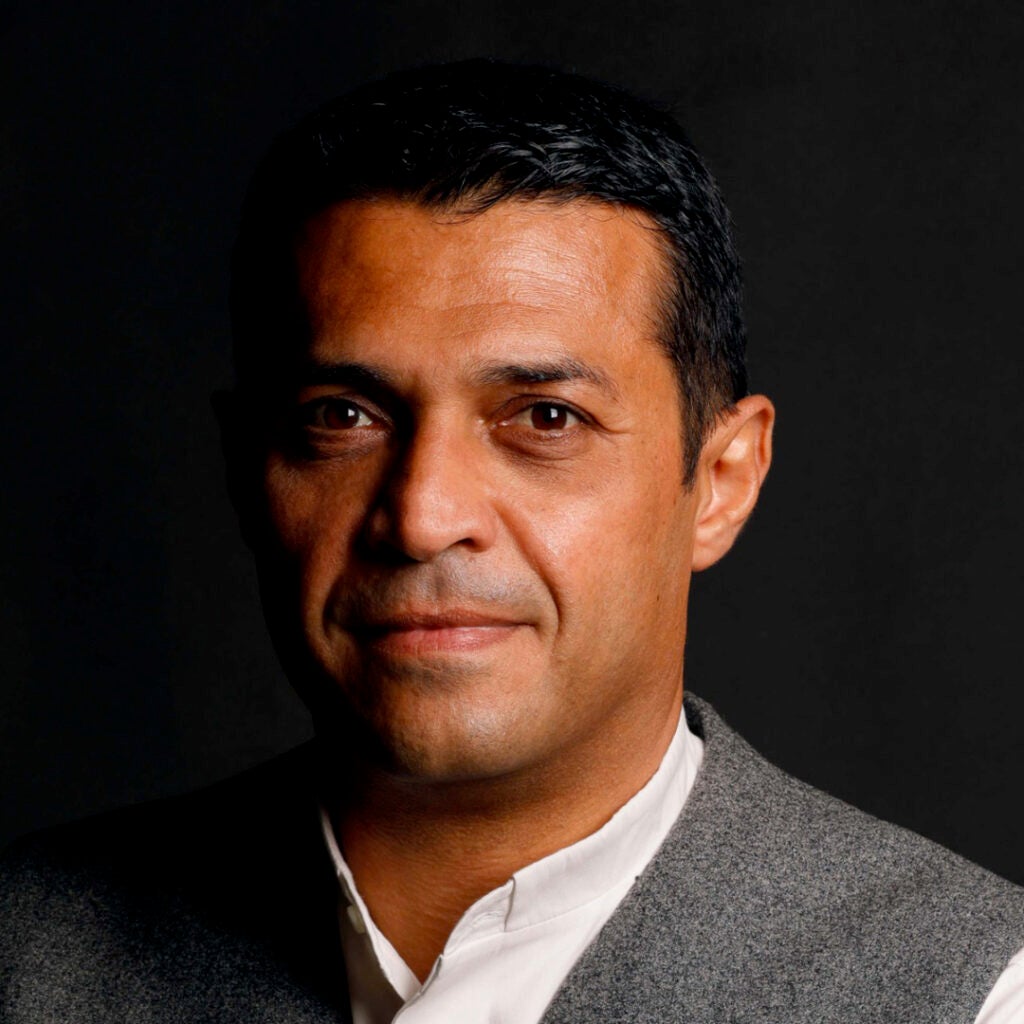
Bahaa Abudaya is Senior Curator of Contemporary Art at Qatar Museums. As a curator, he has organized major exhibitions in Doha and internationally, including Grey Times (Fire Station, Doha, 2021), Infinite Dimensions (Fire Station, Doha, 2019), alongside Articulating the Particular: Qatar Contemporary (Kraftwerk, Berlin, 2017), States of Transformation: Qatar Contemporary (Manege Central Exhibition Hall, St. Petersburg, 2018), and Pearls of Wonder, a Digital Era (Lavan541, New York, 2021; YUZ Museum and Art Field Nanhai, Guangdong, China, 2024). He previously held curatorial positions at Mathaf: Arab Museum of Modern Art in Doha, the Institut du Monde Arabe in Paris, and the Fire Station: Artist in Residence in Doha. Alongside his curatorial practice, Dr. Abudaya lectures on Concepts and Issues of Contemporary Art at Virginia Commonwealth University in Qatar, has taught Modernity and Political Art in the Arab World at Georgetown University in Qatar, and served as Visiting Professor of Middle Eastern Art History at Sorbonne University Abu Dhabi. His research focuses on Palestinian art, Arab modernity, and the intersections of art and politics. He is also an active writer and speaker, contributing essays, catalogues, and articles, and regularly moderating panels and leading masterclasses on curatorial practice.
He earned his Ph.D. in Art History and Aesthetics from Paris 8 University Saint-Denis, a Master’s in Cultural Management and the Science of Exhibitions from the Sorbonne, Paris, and a Certificate in Museum Curatorial Studies and Practices from the Institut National du Patrimoine (INP), Paris.
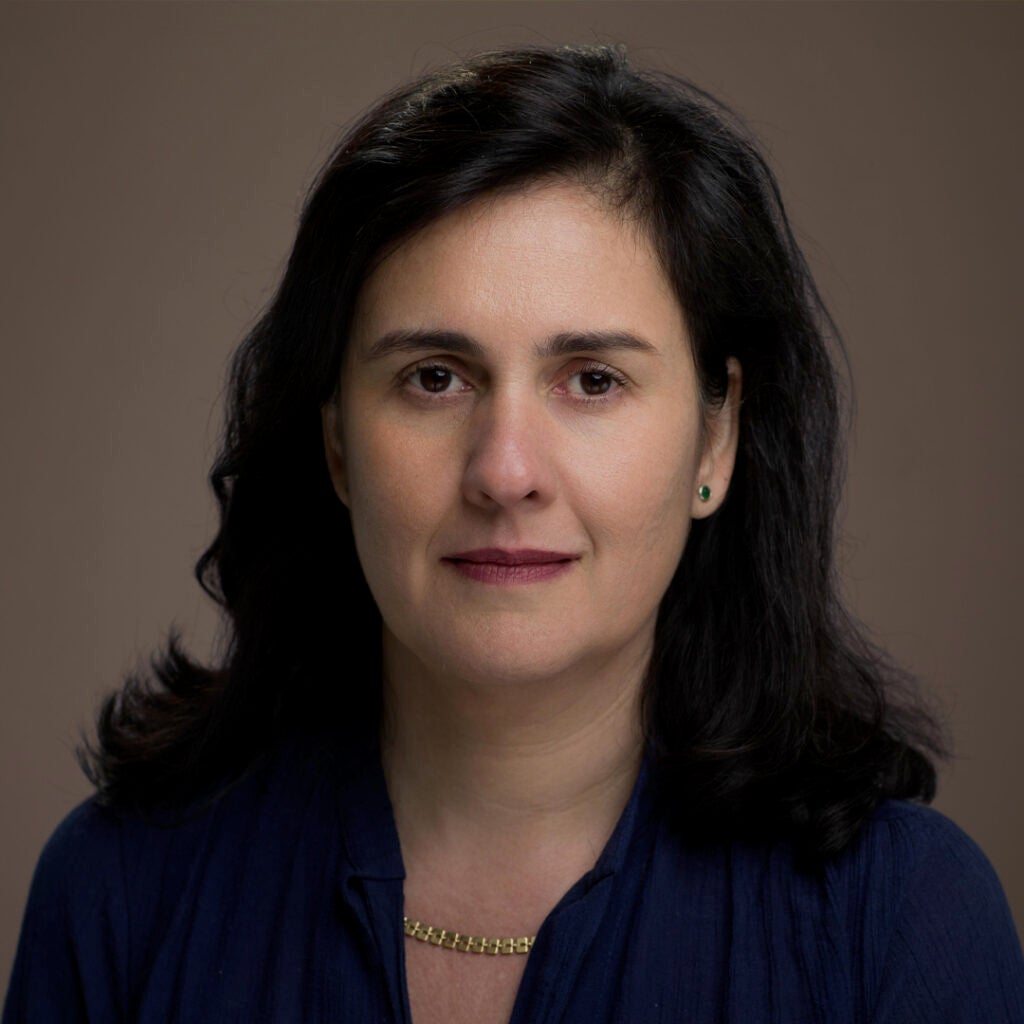
Kamila Shamsie is an award-winning novelist celebrated for her contributions to contemporary literature. She has authored eight critically acclaimed novels, including Burnt Shadows, A God in Every Stone, and Home Fire, which won the Women’s Prize for Fiction, was longlisted for the Man Booker Prize, and shortlisted for the Costa Prize. Her most recent work, Best of Friends, has received significant recognition, including the Karachi Literature Festival/Getz Fiction Award and a shortlist spot for the Indie Book Awards. Her novels have been translated into over thirty languages. Prior to joining GU-Q, she was a Professor of Creative Writing at the University of Manchester. She also holds a lifetime honorary position as Vice-President of the Royal Society of Literature in the UK.
Participants
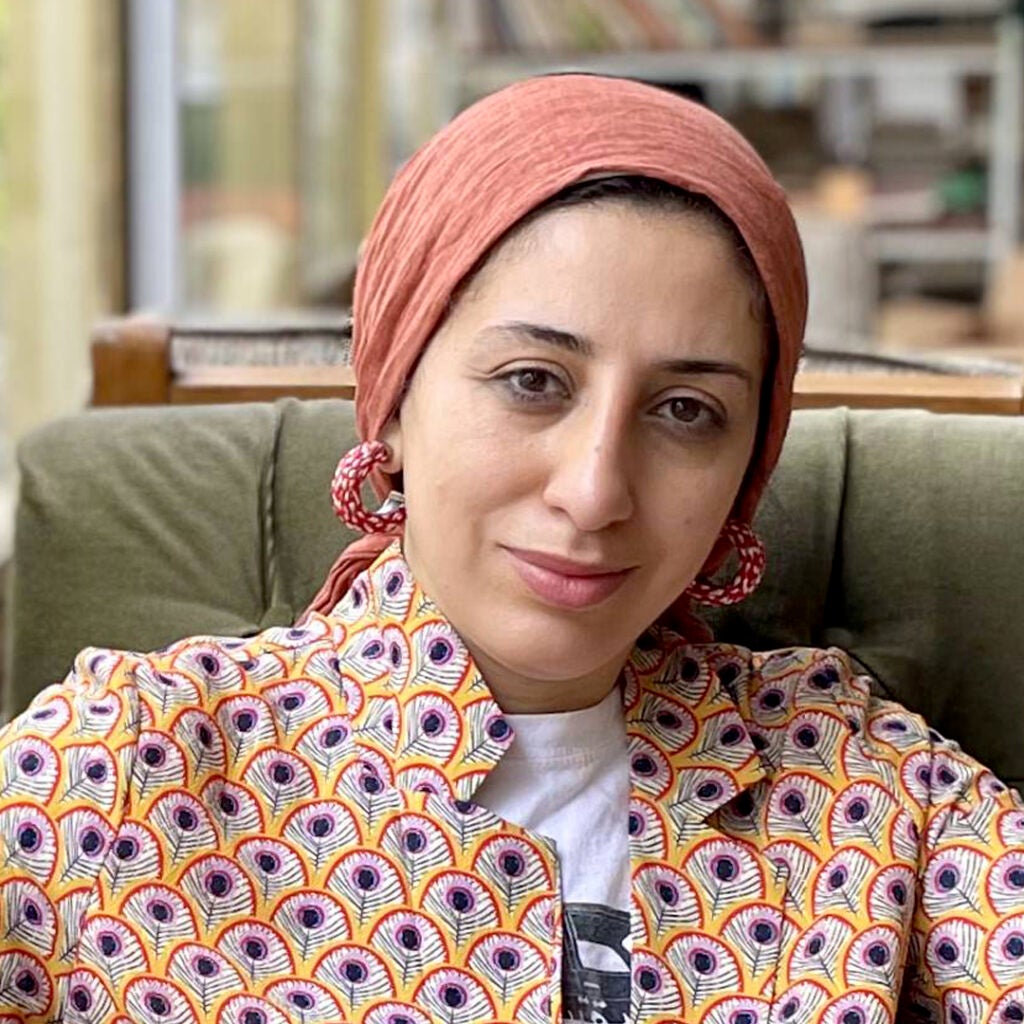
Ala’a Shehabi is an Associate Professor for Teaching in Middle East Politics at University College London. Previously, she was the deputy director of the Institute for Global Prosperity at UCL and before academia, an analyst at the RAND Corporation where she gained insights into the murky world of consultancy and left. Trained in economics, she is now a transdisciplinary and mixed methods researcher focusing on infrastructure politics and development in Lebanon and Bahrain; energy justice; participatory action methods and citizen-scholarship through citizen science and citizen assemblies.
Dr Shehabi is co-leading a new project called (En)Visioning Justice hosted at the UCL Urban Lab running until 2026. Through her experience of several large scale research projects focusing on the Global South, she is interested in decolonial knowledge production and ethical international collaboration. She continues to focus on political mobilisation in Bahrain over the past century with a new focus on the 1930s discovery of oil and the impact on indigenous life on the island. She is co-editor of a book called Bahrain’s uprising and other peer-reviewed publications.
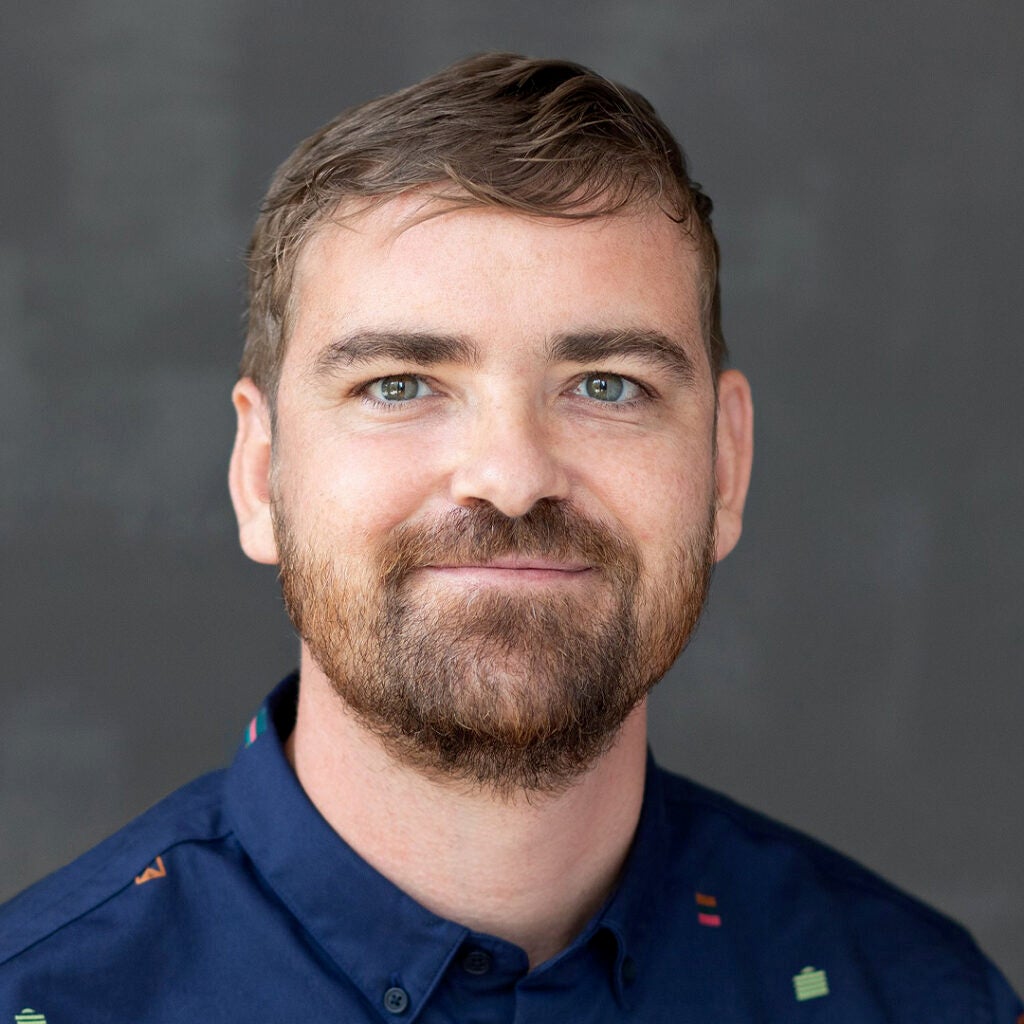
Owain Lawson is a historian of environment, technology, and empire in the modern Middle East. He is Assistant Professor of Environmental History at Lehigh University and Co-Editor of Arab Studies Journal. He is completing his first book, Power Failures: Development, Sovereignty, and Environmental Justice in Lebanon. He received his PhD in History from Columbia University in 2021, and holds degrees from the American University of Cairo and Concordia University (Montréal). His scholarly work has been published in Past & Present, Environment and Planning E: Nature & Space, and Comparative Studies of South Asia, Africa, and the Middle East.

Cameron Hu is Andrew W. Mellon Postdoctoral Fellow at the Center for the Humanities at Wesleyan University. He holds a PhD in Anthropology from University of Chicago, where his dissertation received the 2022 Nugent Prize in Historical Anthropology. He is a scholar of technoscience, capital, empire, environment, and critical theory, with a geopolitical focus on the US southwest and the multinational corporation.
His recent writings are published or forthcoming with Cultural Anthropology, Social Studies of Science, Political and Legal Anthropology Review, Environment and Planning D: Society and Space, Migrant, and several edited volumes and exhibition catalogues.
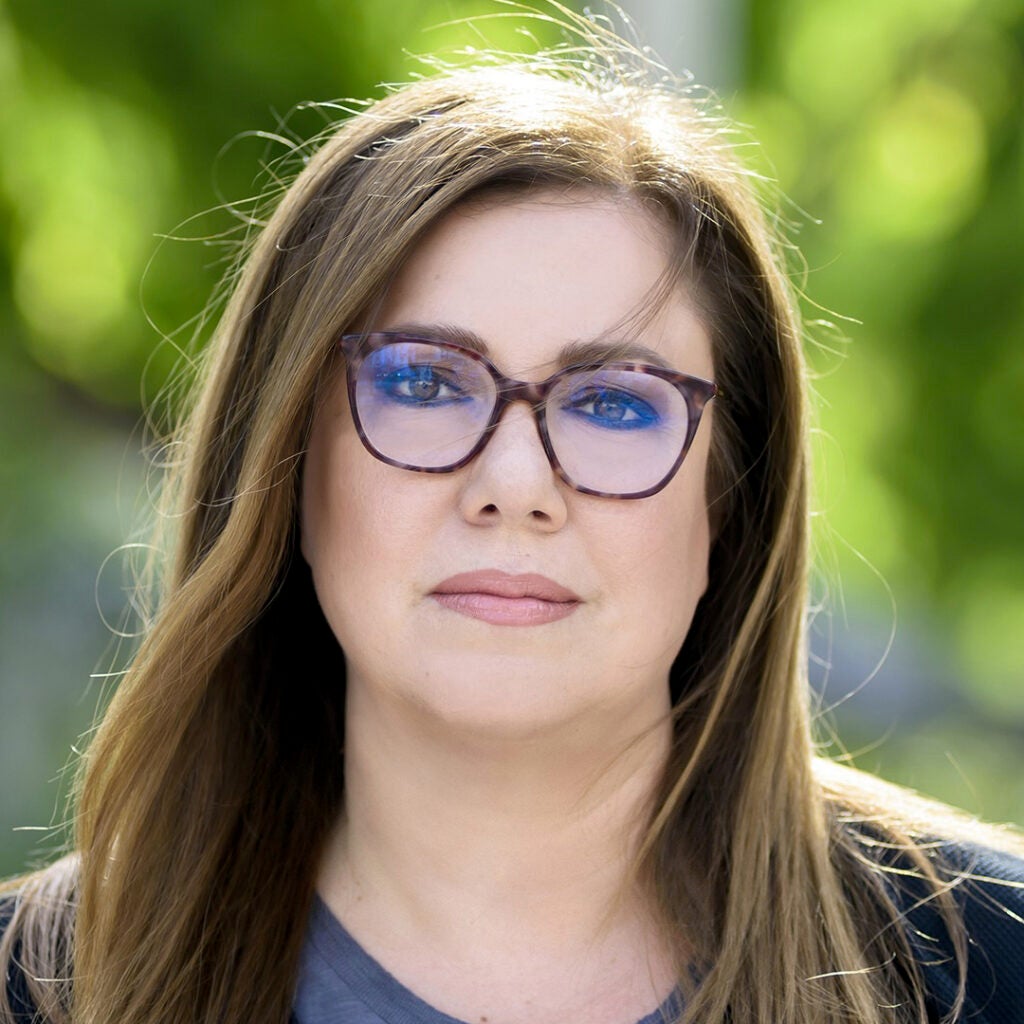
Katia Arfara is an independent curator and assistant professor at New York University Abu Dhabi where she teaches in the Theater Program and MFA in Art and Media. Her scholarship and curatorship focus on migration, ecology, memory and the politics of representation. Her research appears in Theatre Journal, TDR, Theatre Research International, Contemporary Theatre Review and Performance Research. As the Theatre and Dance Artistic Director and Curator of the Onassis Stegi (2009-19), she has initiated and curated numerous interdisciplinary festivals such as the site-specific Fast Forward. She is the author of Théâtralités contemporaines, and the co-editor of lntermedial Performance and Politics in the Public Sphere. Dr. Arfara co-leads the Elements Pod in the Anthropocene Research Kitchen at NYUAD. Her book Curating the Commons. Socially Engaged Public Art is forthcoming by University of Michigan Press.

Michael Malouf is a professor of English at George Mason University in Fairfax, Virginia. Some of his research in the Energy Humanities field include “Pixar and Petro-literacy” in the edited collection Petrocultures: Oil, Politics, Culture (McGill UP, 2017). He has two books, Transatlantic Solidarities: Irish Nationalism and Caribbean Poetics (UVA 2009), and Making World English: Literature, Late Empire, and English Language Teaching, 1919-39. His current research is on Energy Law and Literature, focusing on narratives about the Energy Transition as defined through legal concepts of jurisdiction, rights of nature, and intergenerational justice. The following proposal is an energy re-reading of CLR James’s classic The Black Jacobins.
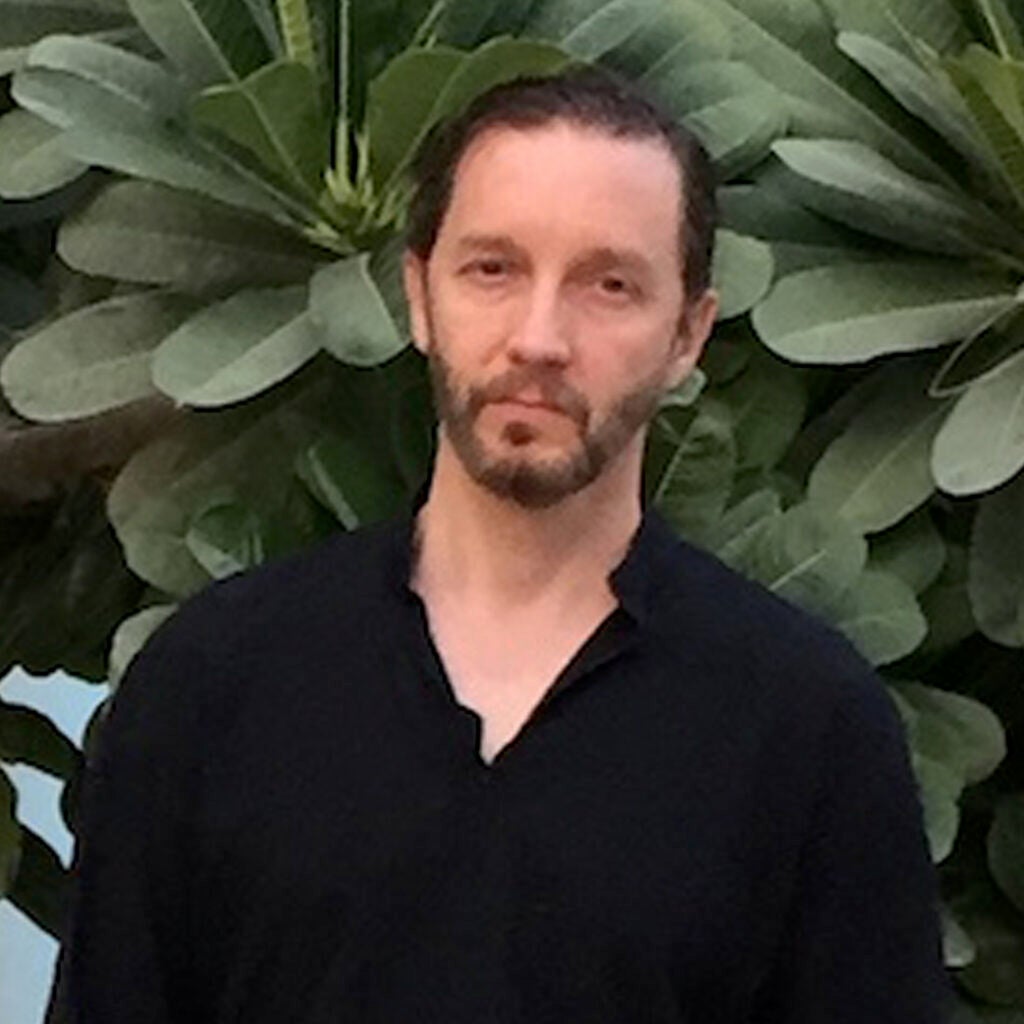
Dale Hudson is an Associate Professor at New York University Abu Dhabi where he teaches in the Film and New Media Program and MFA in Art and Media. He is co-author with Patricia R. Zimmermann of Thinking through Digital Media: Transnational Environments and Locative Places (2015), author of Vampires, Race, and Transnational Hollywoods (2017), and co-editor with Alia Yunis of both a special double issue of Middle East Journal of Culture and Communication titled “Film and Visual Media in the Gulf: Historical and Contemporary Perspectives” (2021) and Reorienting the Middle East: Film and Digital Media Where the Persian Gulf, Arabian Sea, and Indian Ocean Meet (2023). He has curated exhibitions for the Finger Lakes Environmental Film Festival (FLEFF) since 2007 and coordinated Films from the Gulf at the Middle East Studies Association (MESA) Film Festival for the Association of Gulf and Arabian Peninsula Studies (AGAPS) since 2016.
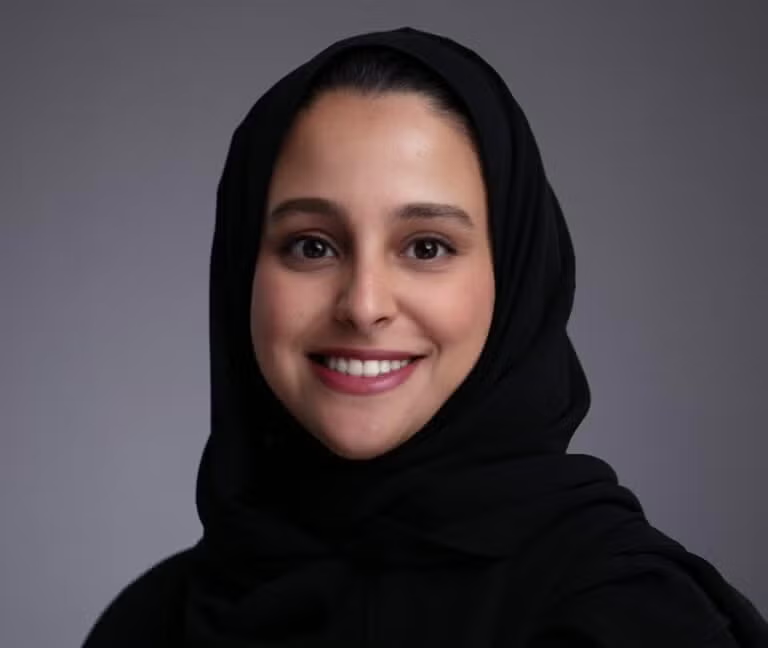
Maryam Alsada is Adjunct Lecturer at Georgetown University in Qatar. She holds a Ph.D. in Anthropology from University College London. Her research interests include health, education, cultural practices, and the histories of women in the Arabian Gulf. Dr. Alsada is a graduate of Georgetown University in Qatar, where she completed a Certificate in American Studies and an honors thesis in International Politics.
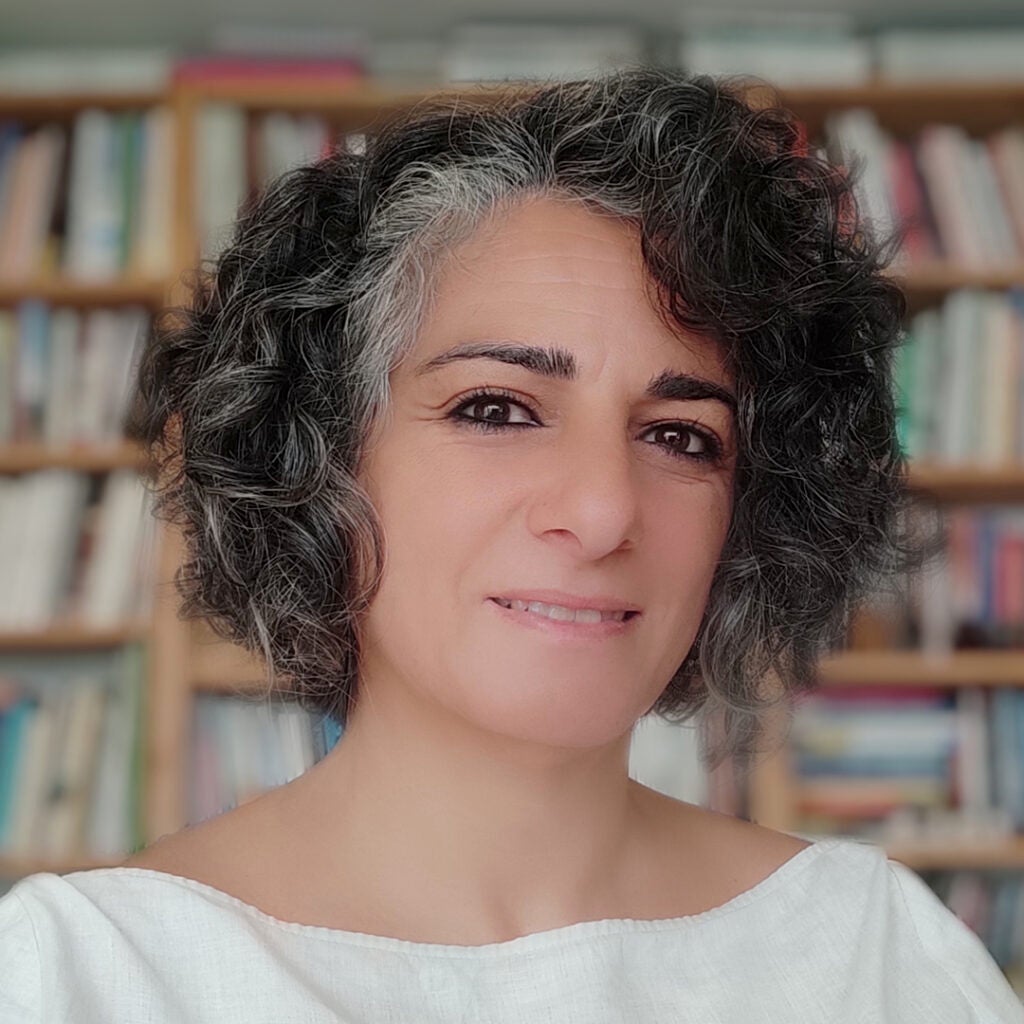
Muzna Al Masri is a Senior Research Fellow at the UCL Urban Laboratory, leading research on the (En)visioning Justice project, looking at the everyday realities and future imaginaries of energy transitions in the SWANA region, and using Citizen Assemblies as innovative research spaces and to centre citizen perspectives on energy policies and futures. An anthropologist by training, my research interests include everyday political practices and clientelism and the intersections of conflict and politics with humanitarian aid and infrastructure. I am co-founding member of the Ethnography as Knowledge in the Arab World Working Group, a collaborative initiative examining the critical knowledge generated through embodied, emotional, and cognitive dimensions of ethnographic practice and the Ebla Research Collective, a grassroots, multidisciplinary group exploring collective imaginaries and transformative possibilities in moments of social change.
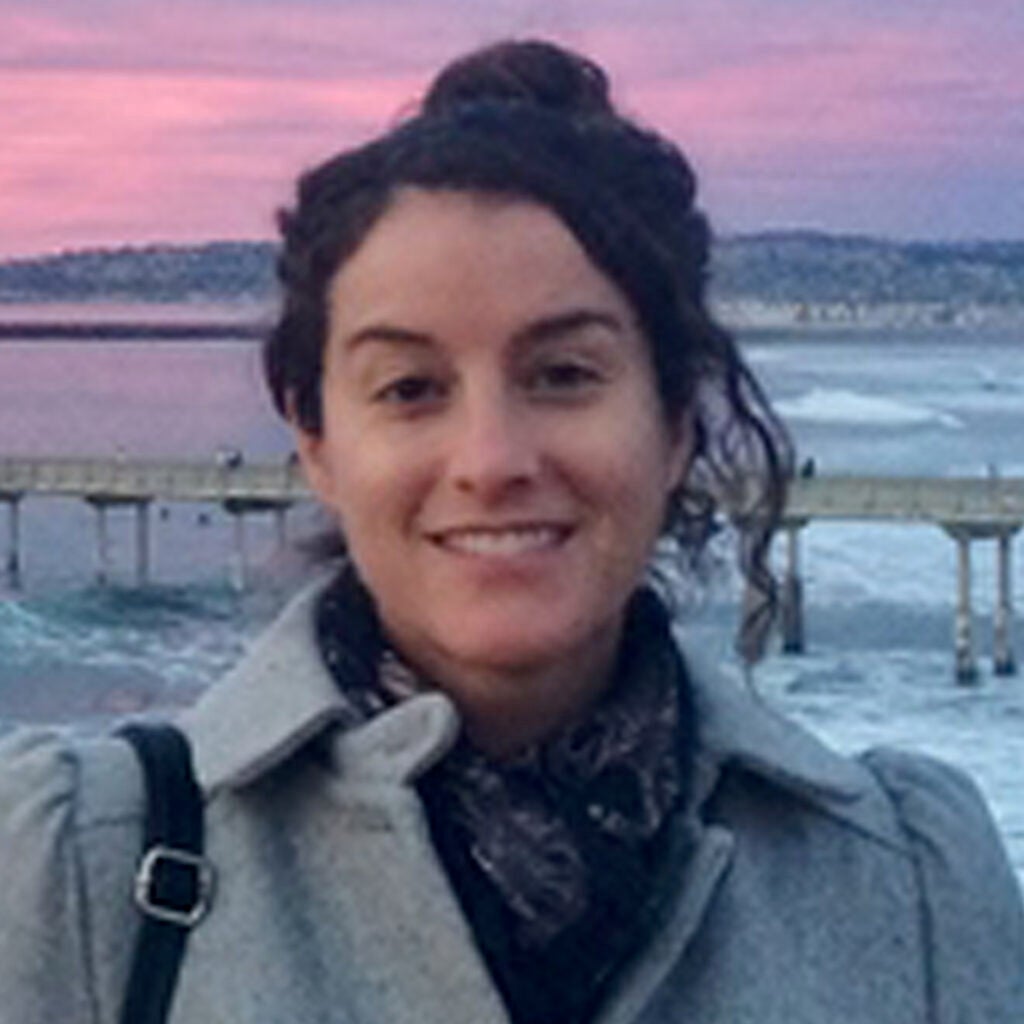
Justine Wells is Associate Professor of English at New Mexico State University, where she teaches courses in rhetorical theory and cultural studies. She earned her PhD in English in 2015 at the University of South Carolina, and has served as a visiting scholar with the Centre de Recerca Teoria, Gènere, Sexualitat (ADHUC) at the University of Barcelona (2022; 2023) and the Circulating Gender in the Global Enlightenment: Ideas, Networks, Agencies (CIRGEN) research group at the University of València (2023). She is co-editor of Tracing Rhetoric and Material Life: Ecological Approaches (Palgrave, 2018), with additional work published in Rhetoric Society Quarterly, Western Journal of Communication, and Environmental Communication. Her publications investigate post-Civil War rhetorics of race, environment, and memory in the United States, with a focus on W. E. B. Du Bois. Her current book project brings decolonial feminist, Black feminist, Black radical, and Marxian theory together to theorize gustatory taste as a site of sensory emancipation, with a focus on contemporary taste practices that disrupt colonial legacies of rhetorical education in eighteenth-century Great Britain.
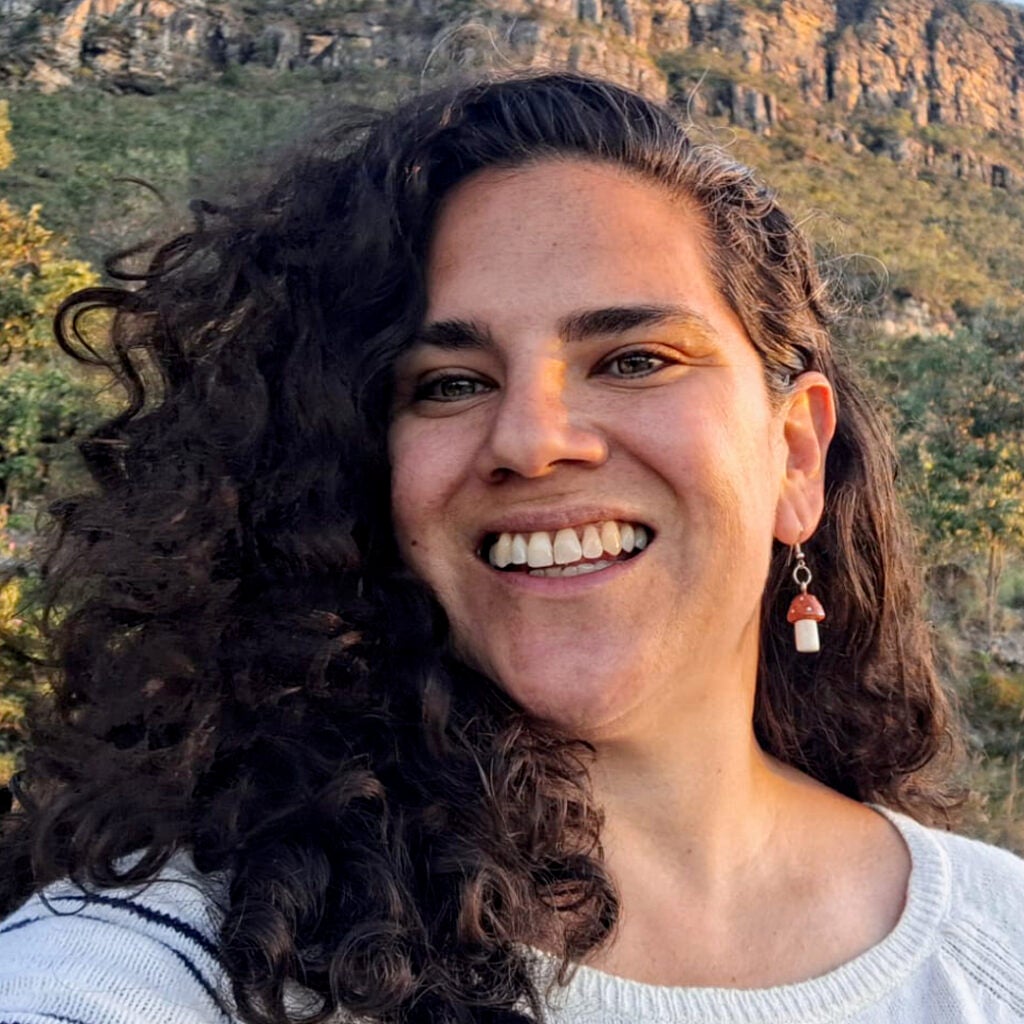
Natascha de Vasconcellos Otoya earned her PhD in environmental history from Georgetown University in 2024, focusing on the early 20th-century development of Brazil’s oil industry. Her interdisciplinary research integrates geology and ecology to explore deep-time narratives of humanity’s energy pursuits. Starting in May 2025, Natascha will embark on a postdoctoral project examining the transformation of Brazil’s center-east table mountains, where the native Cerrado ecology is being converted into large-scale plantations for exports like soybeans and cotton. This work continues her approach of blending geological and ecological perspectives to understand environmental change.
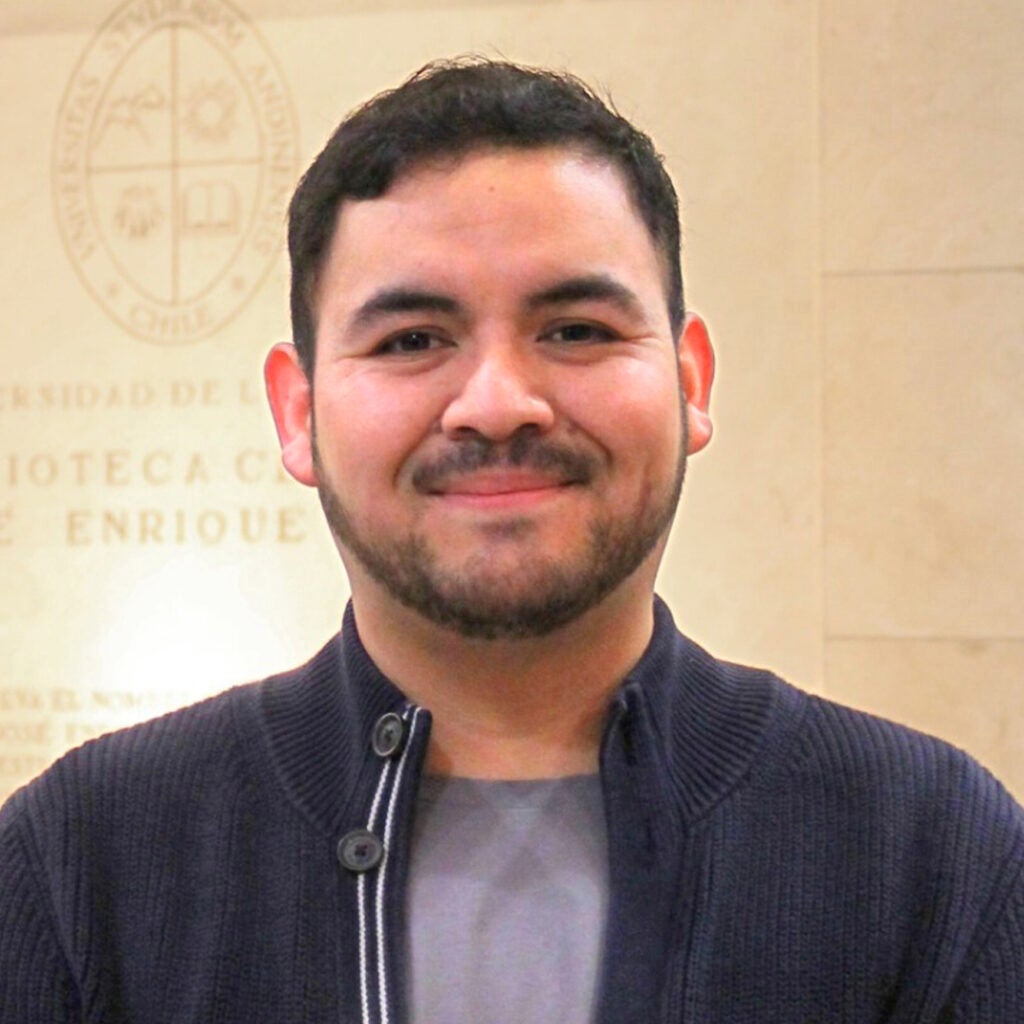
H. Ariel Saavedra Currivil is a doctoral student in History at Universidad de los Andes, Chile. His research focuses on the history of the peaceful use of nuclear energy in Chile, analyzing political and academic debates during the 20th century. His work is primarily guided by the theoretical framework of Historical Institutionalism, with a focus on the Chilean Nuclear Energy Commission (Comisión Chilena de Energía Nuclear, CChEN), a key institution in the country’s nuclear development. Since 2022, he has taught courses such as History of Science, Research Seminar, History of Nuclear Energy, and History of the West at Universidad de los Andes.
He has also been actively involved in academic management, organizing national and international events, including congresses, conferences, lectures, and seminars. Since 2024, he has been a member of the Laboratory for the History of Science, Technology, and Society (LabHCTS Chile) and the Energy Humanities reading group at Georgetown University in Qatar (GUQ). Currently, he is a visiting researcher at the Chilean Nuclear Energy Commission (CChEN).
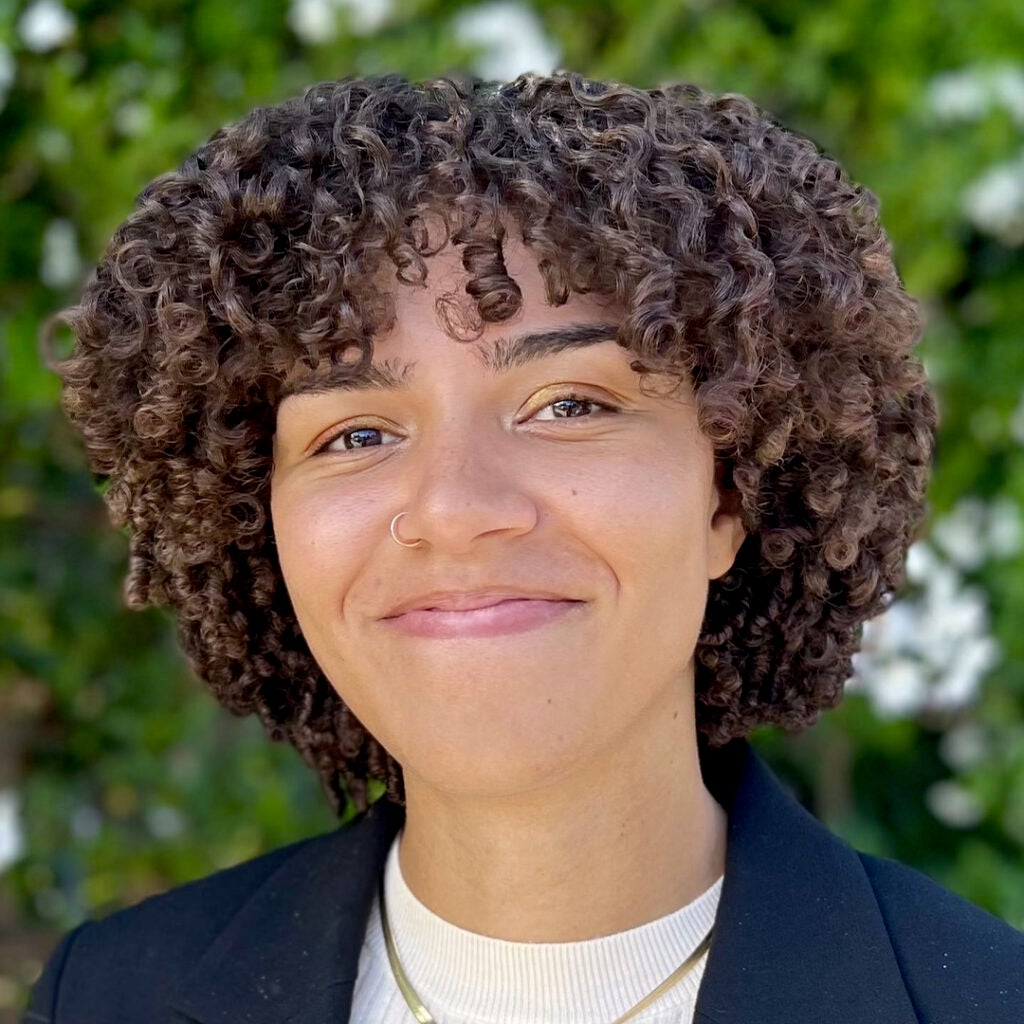
Morgan P. Vickers is an Assistant Professor of Race/Racialization in the Department of Law, Societies, and Justice at the University of Washington. They are an affiliate faculty member with the Department of Geography, the Center for the Study of Demography and Ecology, and the Center for Environmental Politics at UW. They received their Ph.D. from the Department of Geography at the University of California, Berkeley. Their research illuminates racialized ecologies, 20th-century infrastructure projects, the social construction of race, and eco-social repair. They are centrally concerned with how racialized populations and their environments have been historically defined using the same language of damnation, pestilence, and threat to destroy both through legal and extralegal maneuvers.
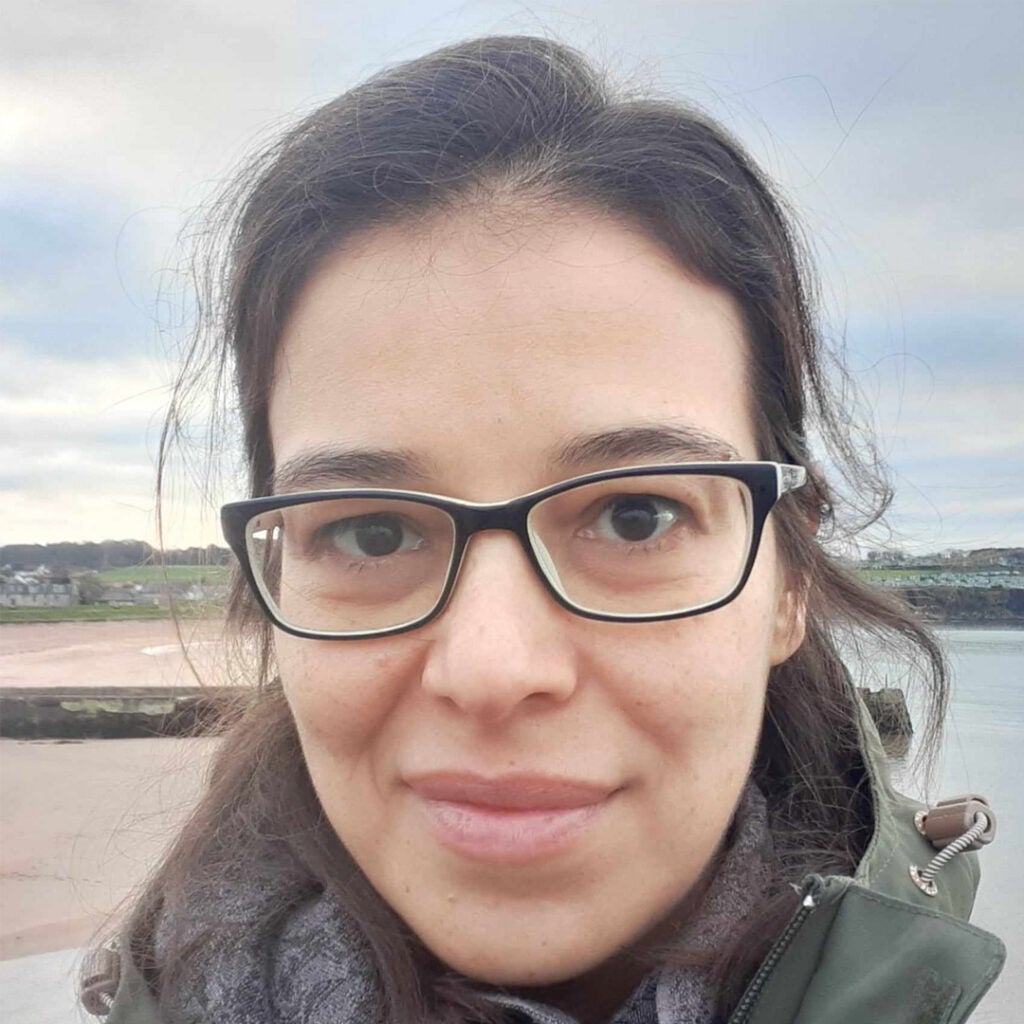
Leyla Sayfutdinova is an area studies scholar and a sociologist working on postsocialist transformations, with a particular focus on Azerbaijan. She became interested in energy during her doctoral research on engineers in Azerbaijan, many of whom have been involved in the oil and gas industry. In her latest research project “Turning oil into stone,” which was funded by the European Commission through Marie Sklodowska-Curie Actions, Leyla examined the co-production of urbanity and oil industry in Baku, one of the world’s earliest oil cities. Currently, Leyla is a Senior lecturer in Critical Area Studies as the University of Glasgow, and works at the intersection of critical energy and postcolonial studies, with a focus on the post-Soviet region. Her research has been published in Journal of Eurasian Studies, Labor History, Work, Employment and Society, and Nationalities Papers.
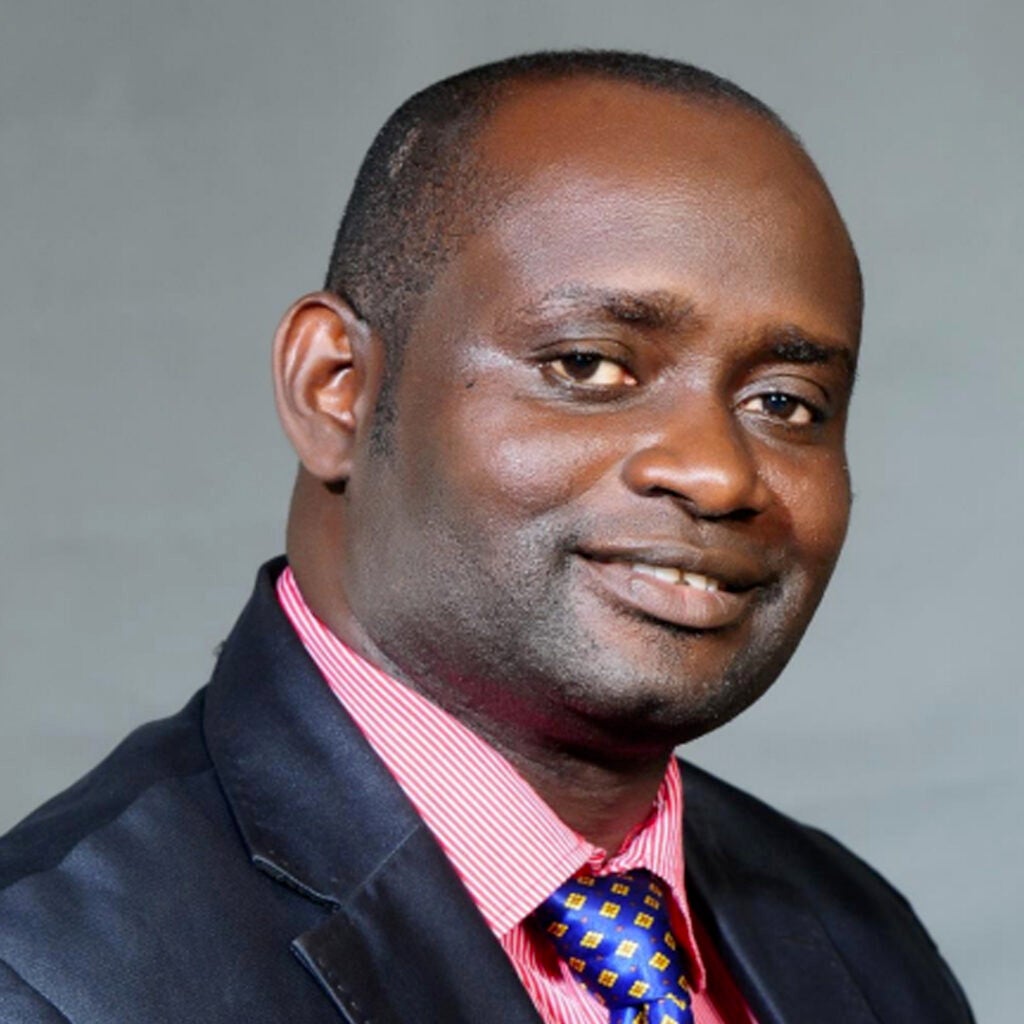
Olusegun Stephen Titus is a multidisciplinary scholar whose work integrates visual arts, music, and dance within the broader framework of ecology and environmental humanities. Titus earned his PhD from the University of Ibadan, with research interests centering on ecomusicology, energy humanities and eco-artistic expressions. His work explores the intersection of culture, nature, and creative expression, highlighting how music, visual arts, and dance serve as mediums for ecological awareness and activism.
Currently, his research focuses on artistic narratives surrounding oil extraction and environmental degradation in the Niger Delta, particularly among the Ogoni people. He is a visiting researcher at the Department of Fine Art, Rhodes University, South Africa, under the mentorship of Professor Ruth Simbao. He also holds a visiting scholar position at the Rachel Carson Center, Ludwig Maximilian University (LMU), Munich, Germany. In 2020, he was awarded a prestigious American Council of Learned Societies (ACLS) fellowship to support his research on ecological narratives in African communities.

Isaac Salazar is a graduate student in the Department of English at Rice University, whose work focuses on Latinx literature and the environmental humanities. His work and reviews are forthcoming in Aztlán: A Journal of Chicano Studies.
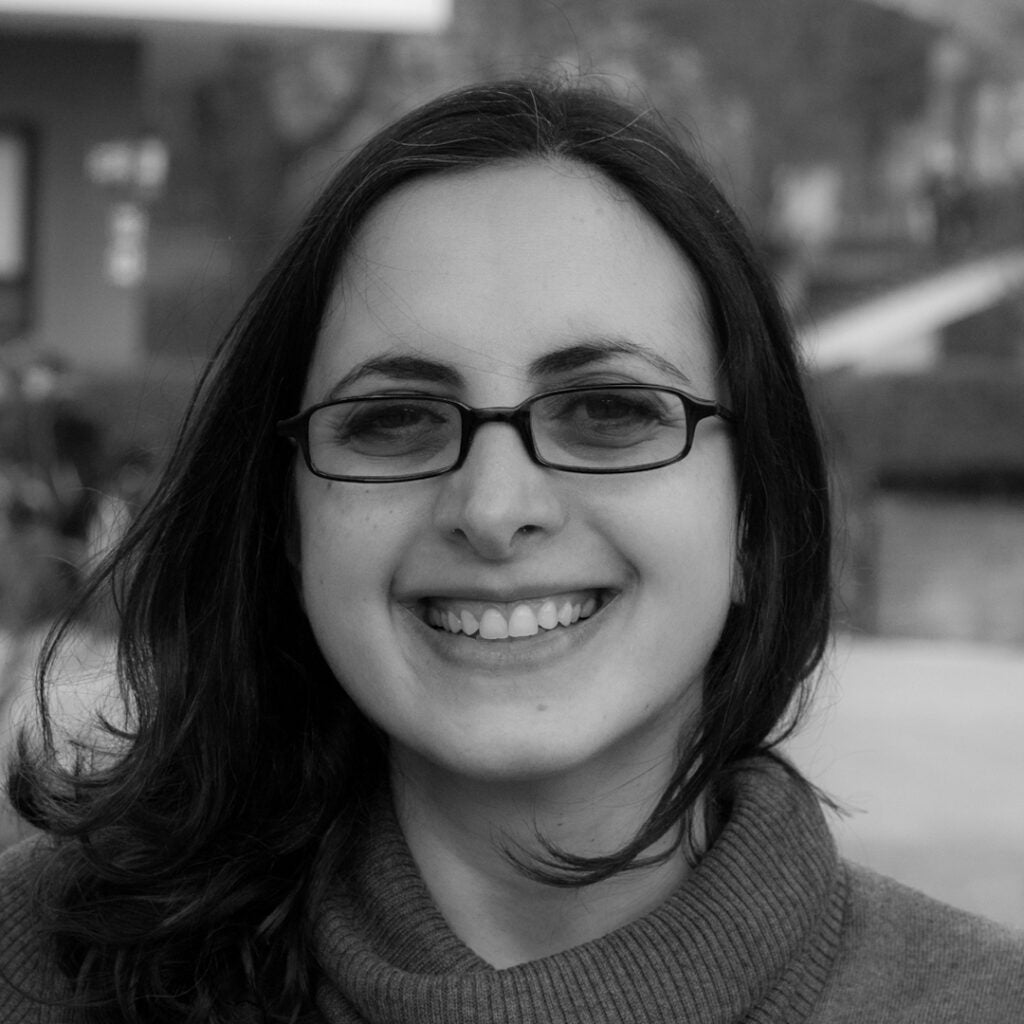
Dana Abi Ghanem is a social scientist with a PhD in urban sustainability from Newcastle University. She is a co-founder of the Ebla Research Collective and Deputy Director of Environmental Politics at the Arab Reform Initiative. With over 15 years of research experience, her work broadly covers energy and society, justice and infrastructure services in urban contexts in the Global South. Her research has been published in several journals, including Energy Policy, Energy Research & Social Sciences, and the Journal of Environmental Management, amongst others.
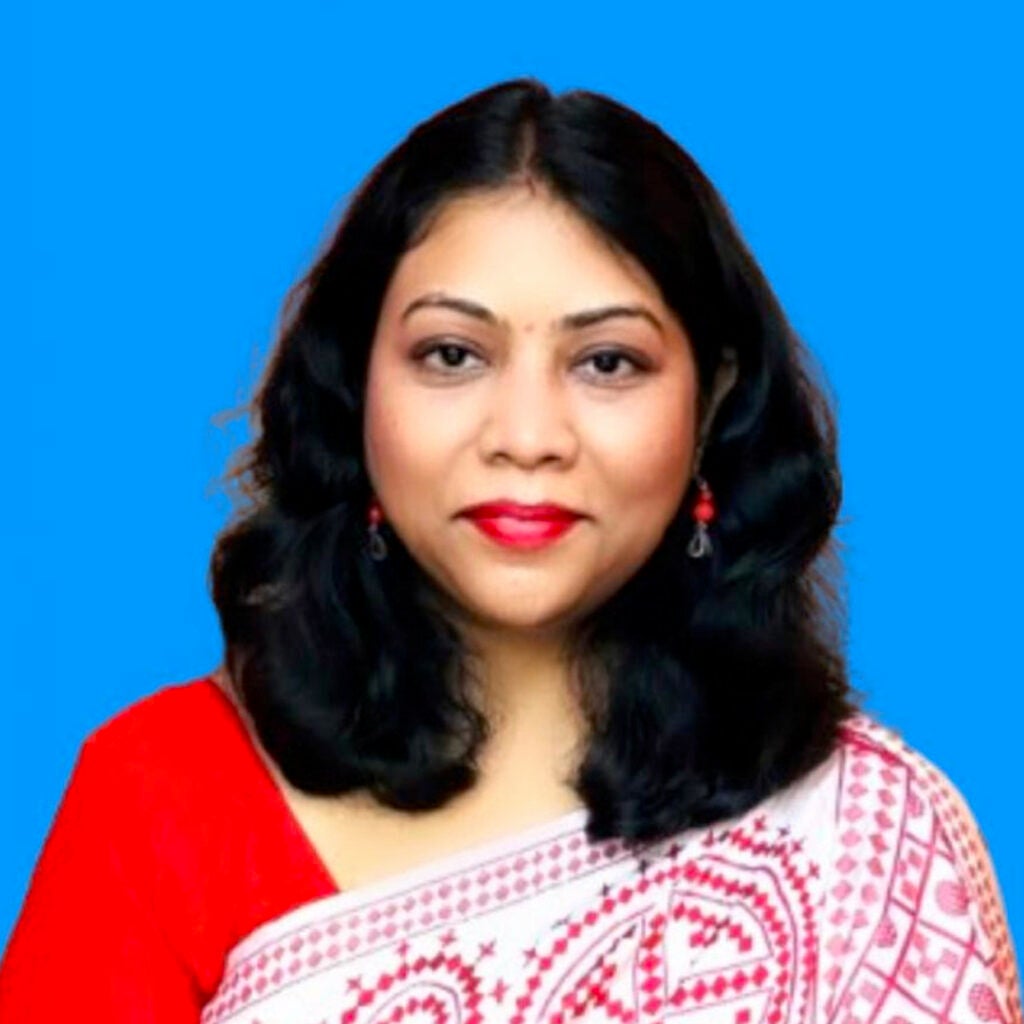
Swaralipi Nandi holds a PhD from Kent State University, Ohio and is a faculty in the Department of English and the Dean of the School of Arts and Humanities at Loyola Academy. Her research area concerns postcolonial theory, speculative literature, and environmental humanities in the context of the Global South and is a member of the Petrocultures Research group hosted by the University of Alberta, Canada.
Her current work focuses on the cultural narratives of fossil fuels, whereby she explores a critical paradigm for reading energy in third world texts, uncovering how energy animates, complicates, or is rendered in/visible in narration. Subsequently, she also explores the language and rhetoric of renewability, and speculative texts of just transitions. She has coedited Oil Fictions: World Literature and Our Contemporary Petrosphere (Penn State University Press) , whereby the book is the first of its kind to explore cultural response to petroleum in postcolonial states.